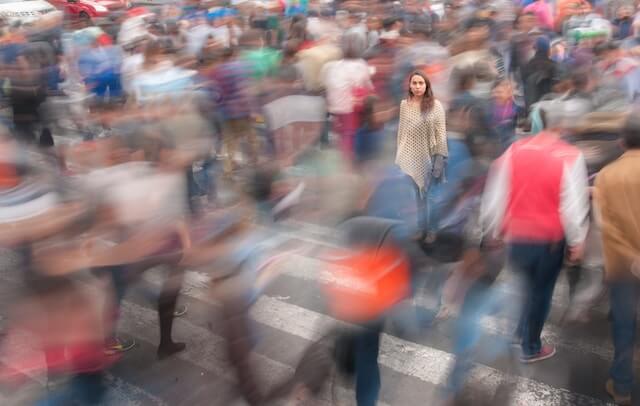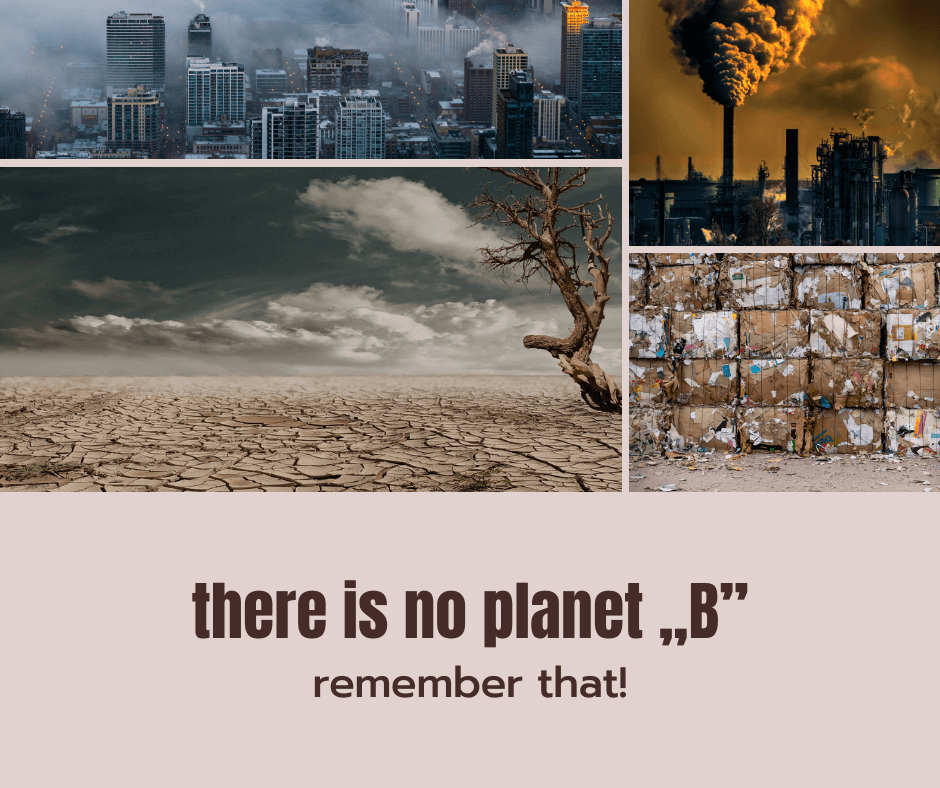“The greatest threat to our planet is the belief that someone else will save it.”
This is what Robert Swan, the first man who walked to both the North and the South Poles, had to say.
His journey showed him firsthand, what the extent and effects of our environmental issues are, and inspired him to start a foundation that works on conservation.
What are the current environmental issues around the globe anyway? and are they different from the environmental issues in India? Let’s explore these topics further.
Setting the context around the current environmental issues

Let us begin at the beginning with a question like what is the environment?
The environment or habitat includes everything around us. Sounds simple? But it is not.
The Dictionary definition of the environment is “the complex of physical, chemical, and biotic factors (such as climate, soil, and living things) that act upon an organism or an ecological community and ultimately determine its form and survival.”
The natural environment encompasses all living and non-living things that are naturally present in an area. The built environment is all that is created by man in that natural environment.
Breaking this down:
- The physical components of our environment include geographical elements such as land, lakes, climate, and man-made structures.
- Chemical aspects could be the presence of oxygen, pH levels, nutrients, etc.
- The biotic factors include vegetation, living beings and even bacteria.
Why are environmental issues important?
All of the above components of our environment, like land availability, clean water bodies, and lush vegetation, have changed over time.
Here are a few examples from personal experience:
The area where I live in Bengaluru, India, was once considered the outskirts of the city. Now it is an integral part. The open fields and agricultural land are diminishing as our population increases and we build more structures. Overpopulation is a problem in India.
A lake situated about half a km away from my house had to be completely emptied because it was so full of garbage. Thankfully, the residents around that lake and local government officials ensured it was cleaned and back to its old glory. It now serves as a scenic spot for walkers from nearby areas.
There are other lakes though, that didn’t get this new lease of life. Hundreds of them in my city have just disappeared. Built over.
Our immunity levels have gone down. That’s partly due to our lifestyles and in part also due to the polluted environment we live in.
What is a clean environment? One that we currently don’t have. One where we get enough nutrients without having to separately stock organically grown produce. One where the air quality is good, which it currently is not. These are just two instances.
This raises a question about the state of awareness of environmental issues in our cities. I must confess that I didn’t take any interest at all for a long time.
We may be powerless to stop some of these activities, but whenever an opportunity presents itself, we could join hands with others so that collectively something is done. The residents around that lake I mentioned earlier are a good example.

How can the environment protect us?
If people are talking more about how and why should we protect the environment, there are good reasons for that.
The ecosystems on Earth protect us from harsh weather, the harmful effects of pollution, and help us maintain good health. There’s a balance between the different components of an ecosystem. Even 1 or 2 species being wiped out affects the rest.
Why shouldn’t we cut trees in urban areas, let alone in forests? They absorb Co2, they retain water from rainfall which adds to the level of groundwater available to us as well as protects us from extreme heat.
All those apartment buildings that are dependent on tankers for daily water supply will know the importance of groundwater availability. India is one of the biggest groundwater consumers.
Maintaining open spaces that are full of vegetation and preventing soil erosion protects us from natural disasters such as floods.
As humans, we often work on a “what’s in it for me” basis. Well, protecting our planet and its environment equals protecting ourselves.
Type of environmental issues
The biggest of our global environmental issues are perhaps around:
- Overpopulation
- Pollution
- Loss of forest cover and biodiversity
- Soil degradation and food security
- Climate change and global warming
Having said that, all 17 sustainable development goals are equally important and should be our biggest concerns as well. A sustainable, greener future needs change on so many underlying factors that are all interconnected.
India’s current environmental issues or that of any other country for that matter, are more or less the same. We wouldn’t have needed Sadhguru to travel across multiple countries for the “Save the Soil” campaign otherwise. The degree to which some of these issues pose a problem for India might differ.
We’ll next look at the question of who needs to take responsibility to tackle these issues.

Who has to protect the environment from harm?
It is collectively, our governments, corporates, and citizens who have to address our current environmental problems.
If you need definitions or problem statements that describe these issues, I have other posts for that.
This section will focus on the possibilities. Let’s take a look at some real-life examples of determination that has led to change.
Going back to Robert Swan, his foundation is called 2041. Know why? That’s the year in which the Madrid Protocol, which supports the Antarctic Treaty, is up for debate.
The Antarctic Treaty is a collection of agreements that first declared the Antarctic as a protected region or a scientific reserve where no arms usage or military activities were to take place.
The Madrid Protocol, which was a later addition to this treaty, prohibits mining for resources in that region.
During 1996-97, Swan brought people together to clean up 1500 tons of garbage that were left behind by scientific research teams in Antarctica. This made it possible for penguins to occupy that clean space after 47 years. Sweet, isn’t it?
Robert Swan and his family, have since then undertaken several noteworthy activities and expeditions all in support of environmental causes.
Sadhguru, a spiritual leader in his 60s, traveled to several countries to hold awareness campaigns on the importance of saving soil.
There’s no denying that soil degradation is a serious problem. Sadhguru also has other such initiatives to his credit. People may not agree with his approach or proposed solutions, but it did garner huge interest and involvement from people and governments alike.
Bill Gates and Michael Bloomberg are two other gentlemen who use their wealth for all our greater good. They both have investments in clean tech, facilitate conversations centered on change initiatives and inspire others to do so as well.
India’s Swachh Bharat mission, the Namami Ganga project that spent crores of rupees to rejuvenate our sacred river Ganga, and the Compensatory Afforestation Fund Act, which promotes afforestation and regenerative activities are all great examples of environmentalism.
Repairing the damage is not the responsibility of a single entity or individual.
It’s a wrap from me, but before you go…
Without sounding too “preachy” or boring, I would like to stress again the importance of individual actions.
If I am preaching to the converted, do please indulge a beginner’s enthusiasm. If you do not believe that climate change or global warming is real because you are not affected by it, then let me draw your attention to a placard that someone was holding at one of the events which said that even if you don’t believe in climate change, wouldn’t you still want to breathe clean air?
We are not in panic mode as our problems haven’t reached a stage where there’s a threat of human extinction. As yet.
I would just like to leave you with a quote that’s simple yet powerful.
“What’s the use of a fine house if you haven’t got a tolerable planet to put it on.”—Henry David Thoreau